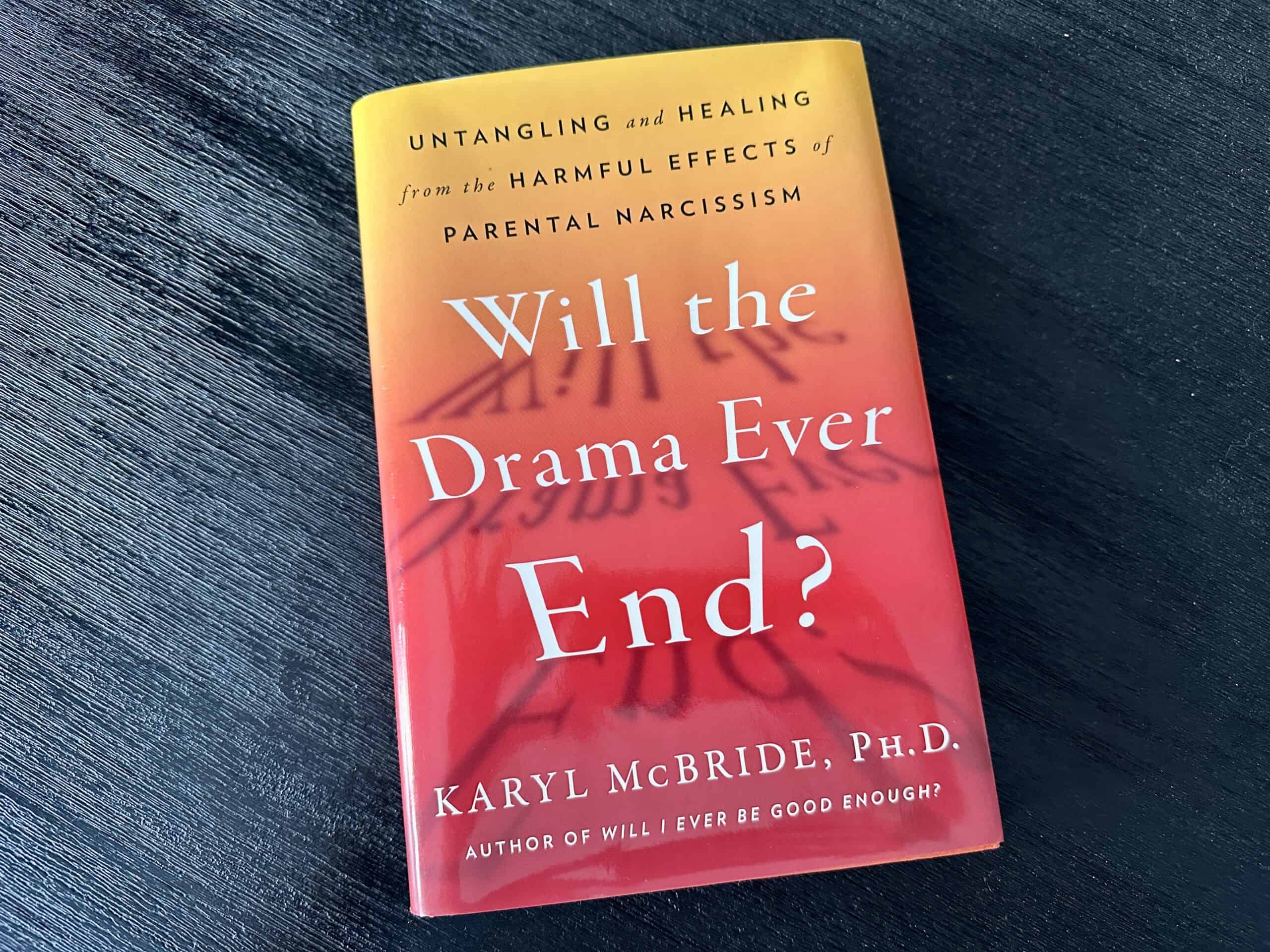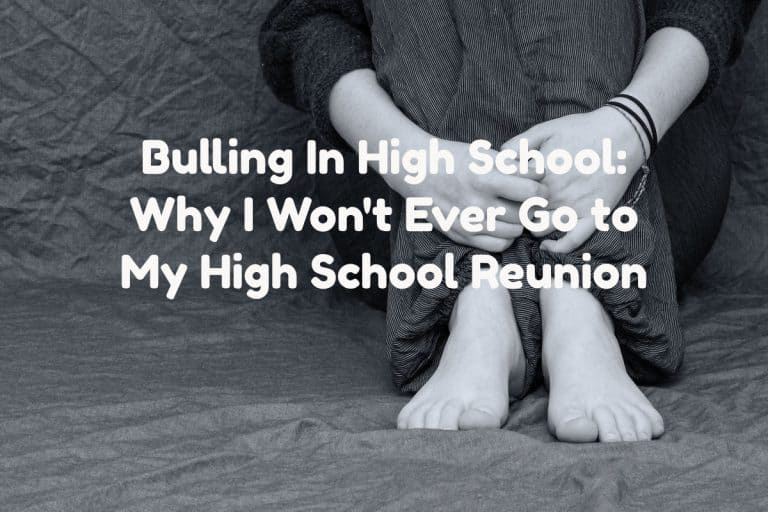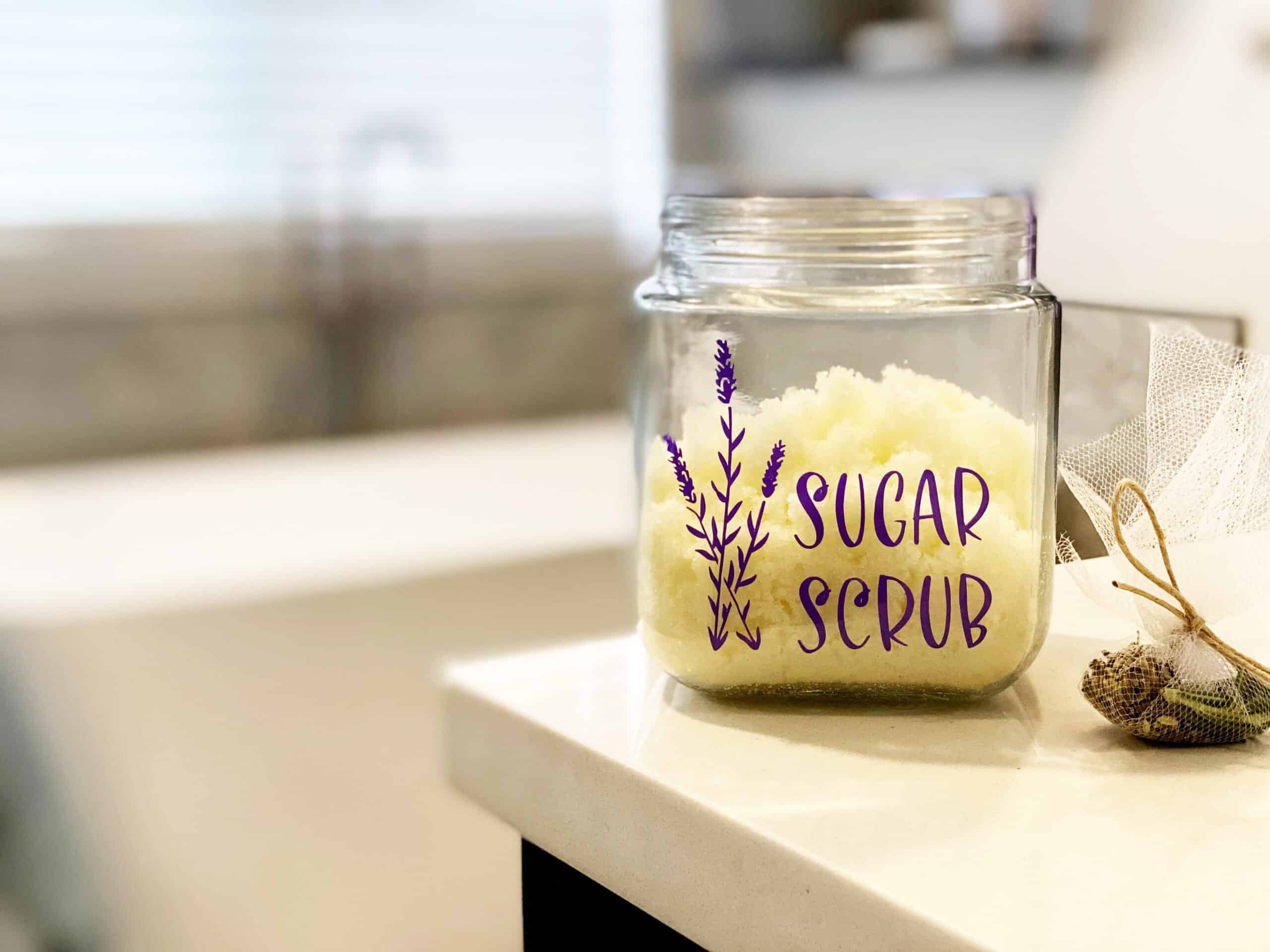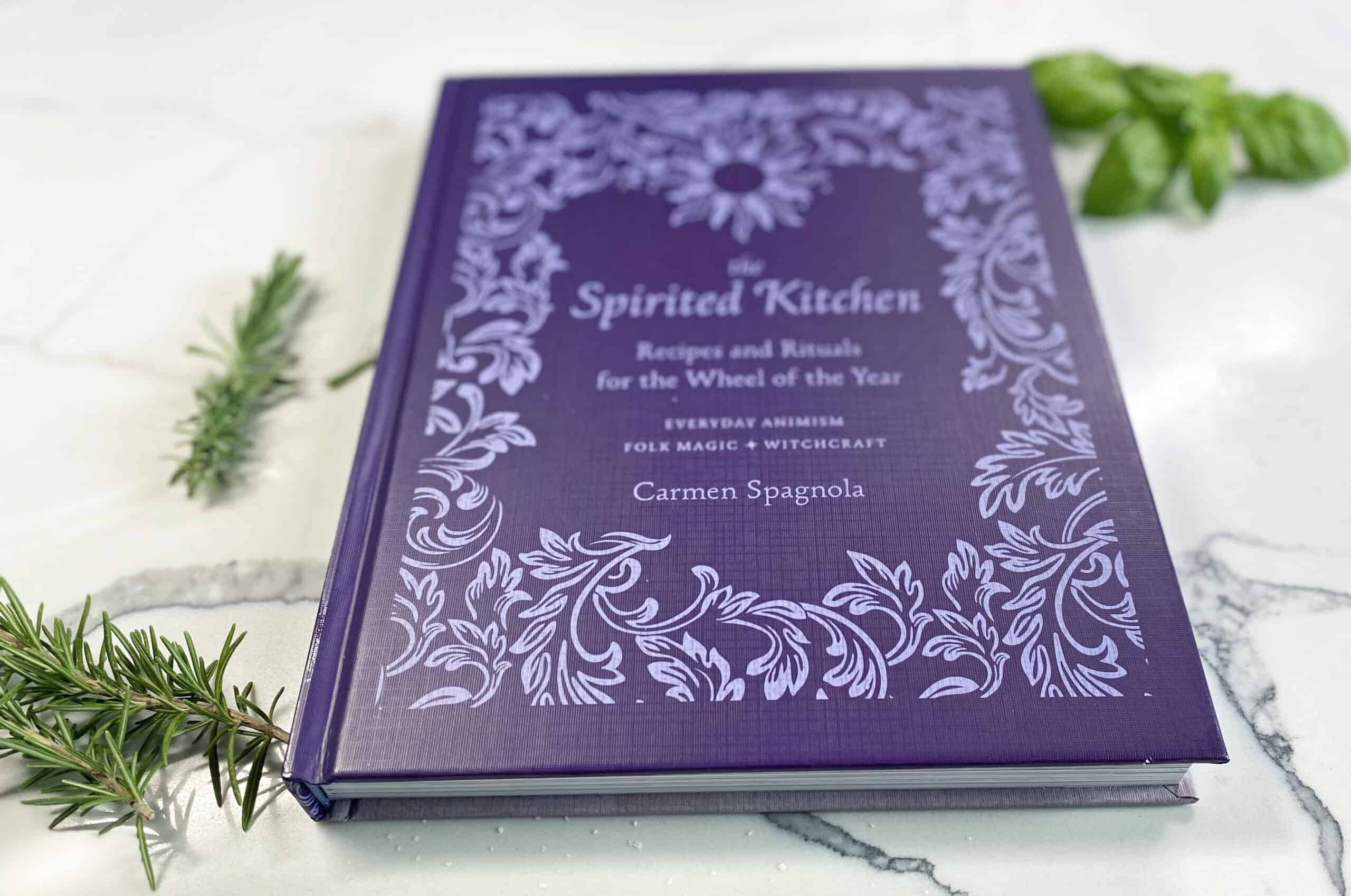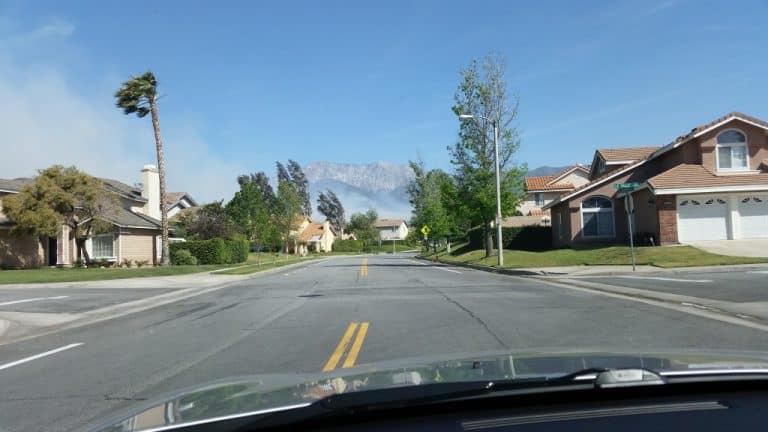When You Have to Start Homeschooling Because of COVID
The last few months, a lot of parents have been put in the very precarious situation of educating their children at home. As a result, there’s been a lot of discussion about the difference in terminology: educating with help of the school, or educating independently. Now though, with the latest announcement by Betsy DeVos, homeschooling because of COVID is a popular topic on social media.
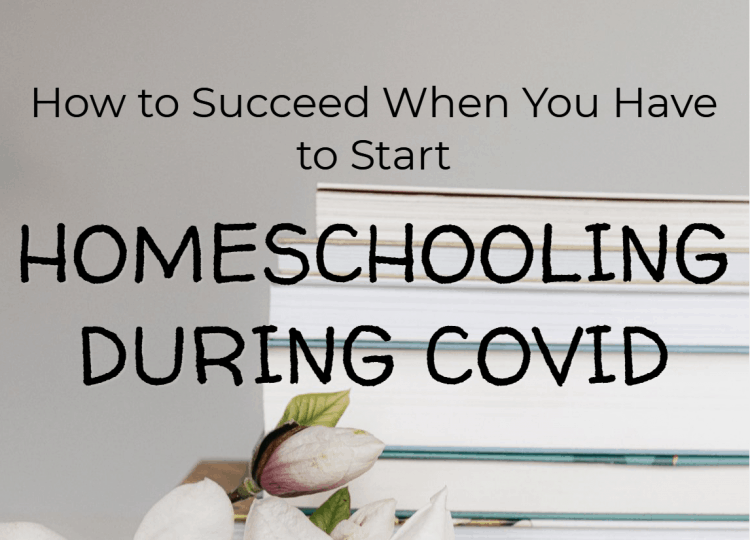
There are pros and cons to sending our kids back to school this fall, but a lot of that depends on who you are and where you are. A full-time working single parent may need the public school system more than someone working at home, and someone living in Florida may consider homeschooling more than someone in Wyoming. (No hate on Florida there, just using it as an example due to the latest COVID case numbers.)
Here in Southern California, our COVID numbers aren’t looking so hot. I personally feel our state opened up too quickly, and allowed some things to remain open while closing less threatening things. We’re nowhere near a safe vaccine (as they typically take 8-12 years to be thoroughly tested) and we can’t even get certain important people to wear masks, so how do we keep our kids safe?
If you’re worried, you’re in good company. (And no judgement either way! We all have to do what works best in our already-disrupted lives.) Homeschooling can seem daunting but if you’re considering cutting loose from the school entirely, independently homeschooling because of COVID, I’m here to reassure you of a few important things.
With that out of the way, homeschooling independently means one thing above all: freedom. You will still have some sort of state/locale standards to meet, and some states are more stringent than others, but I promise, it’s not hard. You can choose when to homeschool, where to homeschool, and how to homeschool.
- Want to create a strict schedule and have your kids all at desks in one room, each doing their own thing? Go for it!
- Maybe you’re more of a free-flowing teacher, where you let the kids sleep in so you can get some work done, then you learn together around a dining room table.
- On the road, or you want to be? You’d be amazed at how easy it is to still learn about life, history, math, science and more, while you’re traveling!
Once you’ve got the style out of the way — knowing that it can change depending on the season or a kids’ health or even your own mood — you can get a little more granular.
Do you want to stick to the same books the school uses? Or maybe you’d rather pick a nature-based program that incorporates a lot of hikes, science journals, leaf tracings and visits to a local farm. There are also a lot of choices in-between, and books are available for purchase at homeschooling stores, religious book stores or for free at libraries. That’s an important thing to remember: homeschooling during COVID, or any time, does not need to be expensive!
We chose a few different programs, with an unschooling approach proving to be successful with all of our kids. Until they had to meet high school requirements for graduation and college, we did chemistry in the kitchen, math while baking and budgeting, history while reading non-fiction books about important historical characters, then re-enacting their time period.
Unschooling meant less tests and more real-life learning. They knew all about banking before they were 10, and using Monopoly money, each of them had to find a job from the Classifieds (online or paper), take that salary and find a place to live, pay their bills and get by. Want a car? You better make it fit in that budget! Want a better car? Might be time to get a new job or negotiate a raise. Life skills for the win!
In earlier years, kids spread out around the house doing independent age-appropriate worksheets (available for free online), reading from their assigned books (many of which they’d chosen from a fitting list), working on art projects and writing stories while listening to classical music. It allowed me to work with each kid independently AND still get my full-time job done.
Yes, you CAN have a job and kids during COVID. It may not be easy, but what IS right now? I homeschooled three out of our four kids all during my career, up until last year when my youngest graduated. I worked full-time in media for a major media company based out of Manhattan, then segued into a social media marketing role at a travel company for the last six years of homeschool. It took flexibility, tenacity to get it all done, and a door with a lock, but it is possible…and once you get into a routine, you may never want to go back to an office.
Homeschooling during COVID may not be how you envisioned things to go, but at home, you don’t have to worry if your kids are wearing masks, touching them repeatedly, washing their hands or who they come into contact with. A lot of public school is spent on non-educational events, and you’d be surprised how few hours really are required to meet your laws. You’ll enjoy the time you have left to do other things with your kids…or to just let them go to their rooms and do their own things, like play video games or watch movies.
I’m one of those parents who encouraged proper electronics play. It allowed for socialization and if you’re homeschooling during COVID, you may appreciate interaction with other kids…as long as it’s supervised and/or safe.
In fact, being stuck at home during COVID is probably far worse on the psyche than homeschooling ever could be. When we homeschooled, we went to park dates with other local homeschoolers. We traveled and conversed with people of all ages in new places. Our kids became incredibly able to communicate properly with adults.
Back when my two older kids were in grade school, their grandma from Japan came to their classes. She made trays of Japanese food for the kids to taste, they got to try on kimonos and traditional sashes and shoes, and they learned some Kanji. The kids had a blast and everyone loved Grandma Kay. She also came to a homeschooling meeting a few years later, giving that group a similar experience.
Not being stuck inside the school for eight hours a day allowed them that type of lifestyle on the daily. They absorbed a lot of Japanese words, learned how to role sushi like a pro and how to garden and grow unique items necessary in Japanese food. That’s the best kind of school, right? One that allows for cultural experiences, appreciating our ancestors and learning about places we can’t actually get to yet. It’s like on-the-job training, just a lot more fun.
Homeschooling during COVID, especially when you’re a new homeschooler, may not be amenable to the same types of experiences, but that’s the beauty of it: you can make it what you CAN do. And that is everything. No rushing to complete six pages of worksheets, reading 30 pages of a book and writing a summary and chasing down something for a project, all in addition to the regular school hours. You don’t need to do homework if you’re covering it during the day.
Transitioning to homeschooling means a few things, starting with research. Look to see what your state requires. It may be as simple as disenrolling your children from their public school, getting copies of their transcripts and creating your own homeschool via a form online. Other states may require some type of registration or even inspections throughout the year. However, I am not an attorney so you’ll need to do your own homework (see what I did there?) to be sure you’re ‘legal.’
Then you’ll need to research requirements. Some states require end-of-year testing, and others have zero. When we homeschooled, we had no ‘this is what you have to do’ rules and it was glorious. I turned to district websites to see what the public schools were teaching that year so I could at least be sure the kids were on top of that in the event something weird happened and they had to return; my goal was to always have them be on the same level, or a little ahead.
Then the fun starts. Consider what type of learners your kids are. If you’re unsure, try out a few different styles that sound fun and doable; unless you invest in a full curriculum program up front, you can always change. Some kids are visual learners, while others benefit from listening. Some kids prefer reading while others learn more while doing.
One really cool thing to keep in mind: not everything needs to be repetitive, so if your child has mastered a specific skill, you may be able to move forward faster than a book suggests, allowing you to skip and then revisit later just to be sure they’ve retained the basics. It’s beautiful to not have to write every spelling word 20x when they only really need to learn three out of that week’s vocabulary words. OR, skip the vocab list entirely and just ask them verbal questions about their lessons or books.
I admit to having bought a lot of books and trying a ton of styles. I thought big and sometimes, things didn’t get used. What did get used were art supplies. We spent a lot of time on music, drawing, painting and crafts. We’d pick an artist and try to paint or draw something similar to one of their biggest pieces, while learning about his life and time period. Some of my favorite memories are days where we’d get muddy with clay, or the day where my son first saw an iced-over stream, staring at the swirls then later drawing them.
Then you just get to roll with it. You may change up your schedule after a week or two, or you may take a road trip and do schoolwork as you go or in the afternoons in the hotel as a break. No worries about excusal notes or cramming in homework after you come back from a fun vacation!
Homeschooling during COVID may not be roses and sunshine all of the time, but life’s stressful enough as it is. If you can eliminate or reduce some of that stress, why not? Homeschooling can deepen parental-child relationships and turn siblings more into friends than rivals. (I’m not promising perfection, I mean, kids are still going to tire of being around each other no matter what, and you just use those times as an opportunity for independent study or reward them with screen time.)
Family time is often what we sacrifice during stressful times, and homeschooling can give you some of that back. Mastering skills together bonds people, and learning together is equally helpful. When you see your child struggle with something, you can approach it in a more helpful way, decreasing the likelihood of hating that subject, and when they get it, you are the one there to see their eyes light up.
I wish you well, in whatever type of education you choose. I hope our country comes together with safe plans for our kids, in all states, and that no one is forced into a situation in which they feel uncomfortable. School shouldn’t just be an environment of learning, but one of fun and enjoyment. Kids need to talk to friends at lunch, play games at recess, and learn communication outside of a plexiglass bubble. For special needs kids, they need to see expressions and not have the hindrance of a mask blocking their speech. The list of why I’m against public school with these current restrictions is long, but since masks are important and social distancing saves lives, it’s what we have to work with at the moment.
Stay safe out there. If you have questions about homeschooling, feel free to comment below!

